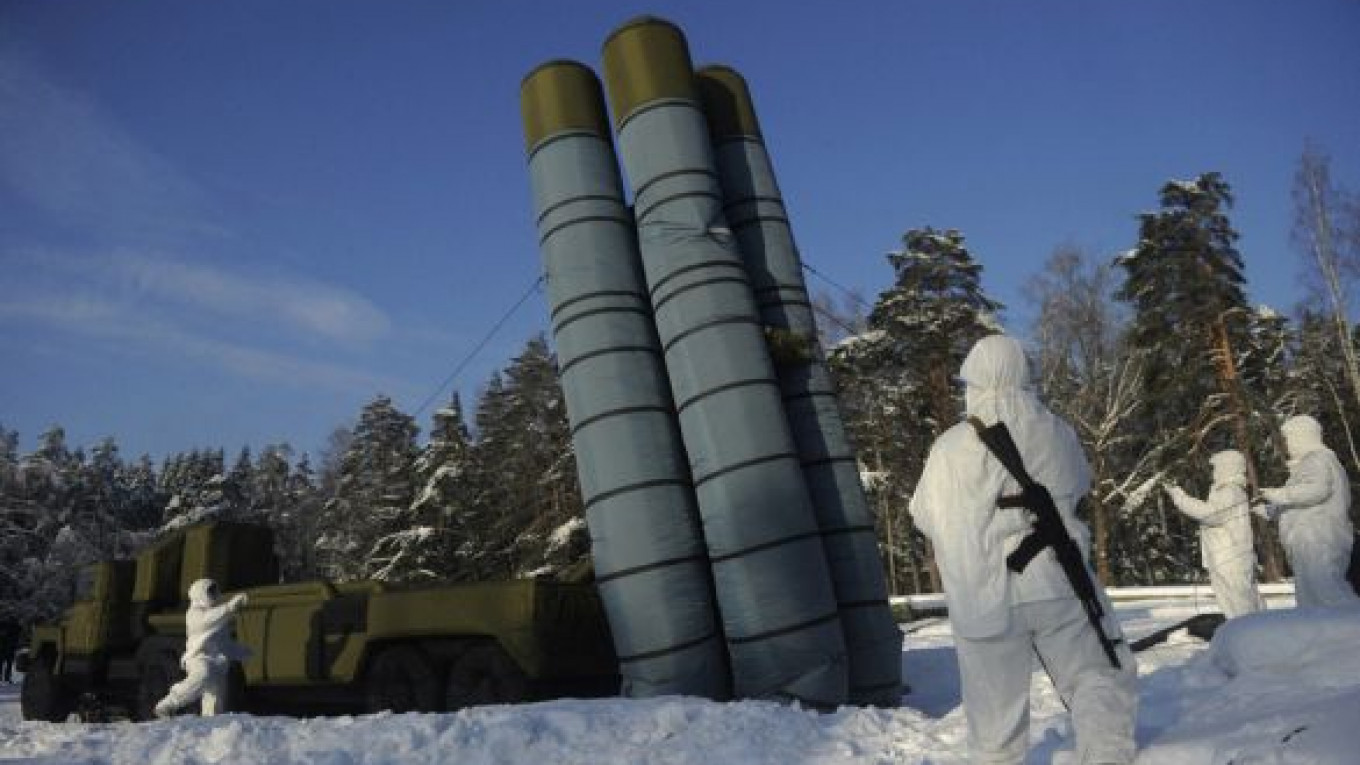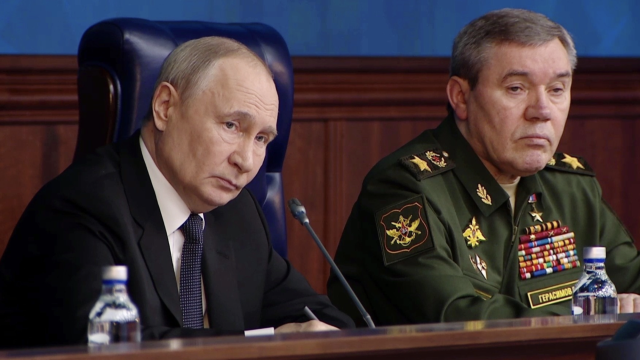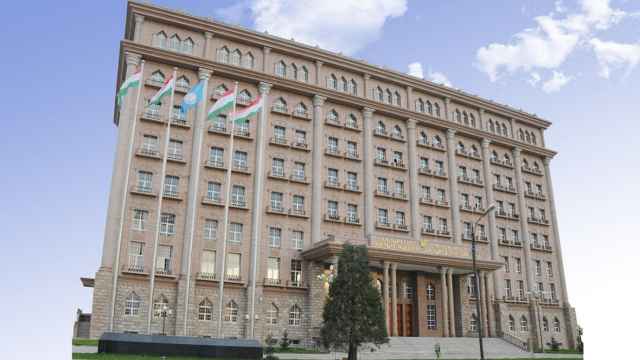Russian firms increased weapons sales sharply in 2012 helped largely by a Kremlin armaments program, while global sales of arms and military services by private companies fell for a second straight year, data from the Stockholm International Peace Research Institute, or SIPRI, showed on Friday.
While sales by companies in the U.S., Canada and most West European countries fell in 2012, arms sales by Russian firms rose by 28 percent, the institute said.
The increase mainly reflected large and growing domestic sales which are part of the country's $700 billion 2011 to 2020 State Armaments Plan, SIPRI said.
"The Russian arms industry is gradually re-emerging from the ruins of the Soviet industry," Sam Perlo-Freeman, Director of SIPRI's Military Expenditure and Arms Production Program, said.
"Nonetheless, the industry is still plagued by outdated equipment, inefficient organization and widespread corruption, which will continue to limit Russia's ability to compete technologically with the West."
Perlo-Freeman told Reuters that while the data does not track delivery destinations, Russian weapons go mainly to Asia. Russia is the dominant supplier to India, the world's top arms importer by volume from 2008 to 2012, according to SIPRI data.
The institute said sales by the largest arms-producing companies — the SIPRI Top 100 — totaled $395 billion in 2012, down 4.2 percent in real terms compared with the previous year when sales decreased 6.6 percent.
Arms firms' sales, however, have risen nearly 30 percent since 2003.
Other major export destinations for Russian weapons include China and Venezuela, he said.
Russia is also the main arms supplier for Syria, where civil war has raged for three years, killing more than 130,000 and displacing millions, though sales represent a small share of the total.
SIPRI also said in Friday's report that sales by U.S.-based arms producers represented 58 percent of total sales for the 100 companies, while western Europe made up 28 percent of the total.
The withdrawal of U.S. forces from Iraq at the end of 2011 had a significant downward impact on sales at a number of companies during 2012, it said.
The report does not include China, a major weapons producer and exporter, due to limited access to data.
Russia is delivering S-300 advanced air defense systems to Kazakhstan, Deputy Defense Minister Anatoly Antonov said on a trip to Astana, RIA Novosti reported.
This move attempts to boost the capabilities of a post-Soviet security bloc, the Collective Security Treaty Organization, or CSTO, which combines Kazakhstan, Armenia, Belarus, Kyrgyzstan, Russia andTajikistan.
"Five divisions of S-300 will be delivered from the surplus of the Russian Defense Ministry," Antonov said.
A division is usually made up of 12 rocket systems.
Russia said last year it was sending four S-300 divisions to Belarus, Interfax reported.
The CSTO has faced criticism for its lack of activity since its inception in 1992.
Uzbekistan signed the original CSTO treaty but said last year it was suspending its membership in the bloc.
Russia signed a contract with Syria in 2011 to send four S-300 units to the war-torn country for $1 billion, Russian daily Vedomosti has reported. A military source said last year that some parts had likely been delivered but had not been sent in full.
A Message from The Moscow Times:
Dear readers,
We are facing unprecedented challenges. Russia's Prosecutor General's Office has designated The Moscow Times as an "undesirable" organization, criminalizing our work and putting our staff at risk of prosecution. This follows our earlier unjust labeling as a "foreign agent."
These actions are direct attempts to silence independent journalism in Russia. The authorities claim our work "discredits the decisions of the Russian leadership." We see things differently: we strive to provide accurate, unbiased reporting on Russia.
We, the journalists of The Moscow Times, refuse to be silenced. But to continue our work, we need your help.
Your support, no matter how small, makes a world of difference. If you can, please support us monthly starting from just $2. It's quick to set up, and every contribution makes a significant impact.
By supporting The Moscow Times, you're defending open, independent journalism in the face of repression. Thank you for standing with us.
Remind me later.






